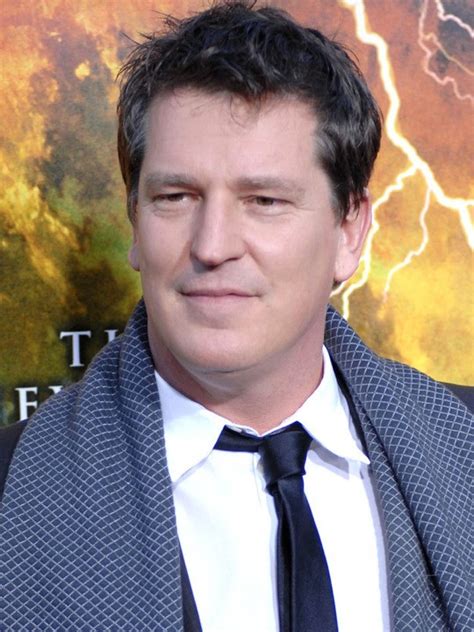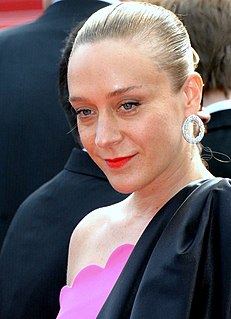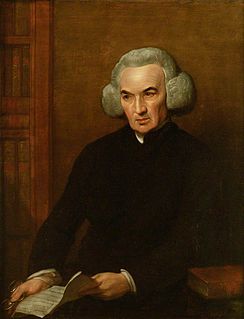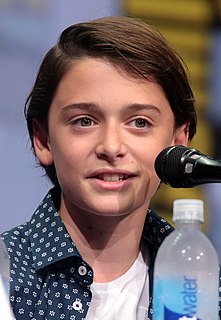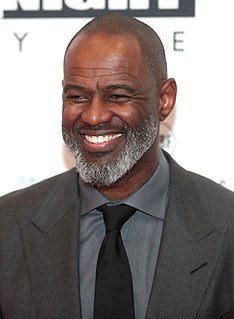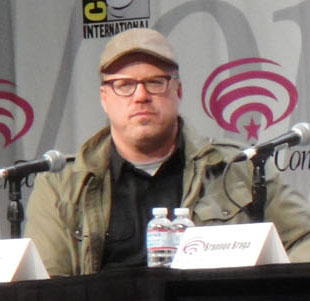A Quote by Stephen Hopkins
It's rare that scenes last more than 2 or 3 minutes, so sound helps segue from one scene to another.
Related Quotes
I don't think that any scene [in Pineapple Express] is word for word how you'd find it in the script. Some of it was much more loose than others. The last scene with me, Danny [McBride] and James [Franko] in the diner - there was never even a script for that scene. Usually we write something, but for that scene we literally wrote nothing.
For us as writers, it's really important to have songs we believe in - even before sometimes we shoot a scene. If we have a song that's so perfectly designed for a scene on 'Rescue Me,' we'll play it on loud speakers during the shooting. It helps the cameraman and it helps the director, and it helps the actors know what the feel is.
I'm very interested in vertical space.I want the players to listen to their sound in such a way that they hear the complete sound they make before they make another one. So that means that they hear the tail of the sound. Because of the reverberation, there's always more to the sound than just the sound.
To be sure, not all moments are equally fleeting. Some moments last longer than others. And certain events do reoccur more than once and even recur repeatedly. Sometimes you do get more than one chance. Sometimes you don't. It helps to know how long a window of opportunity you have and if you'll get another chance.
I've begun to believe more and more that movies are all about transitions, that the key to making good movies is to pay attention to the transition between scenes. And not just how you get from one scene to the next, but where you leave a scene and where you come into a new scene. Those are some of the most important decisions that you make. It can be the difference between a movie that works and a movie that doesn't.
In a given scene I may know nothing more than how it's supposed to end, most of the time not even that. Scenes are improvised. A character does or says something, and with as much spontaneity and schizophrenia as I can muster, another character responds. In this way, everything I write is spontaneous chain reaction and I'm running around playing leapfrog in my brain trying to "be" all my people.
For me, in movies, it's always a mixed bag. I've never made a movie where I thought, "You were really good in that movie; you were good all the time." No. It's always, "You didn't get it, you didn't do it in that scene, but the other scene is pretty good." So I just hope that in balance there's more good scenes than not.
There weren't any deleted scenes, it was just a matter of tightening stuff. I didn't have any deleted scenes in what I did as far as I know. It's very unusual on Game of Thrones for there to be a deleted scene because the scripts are pretty locked in. There's rarely a reason to say, "Hey, we don't need this scene."
